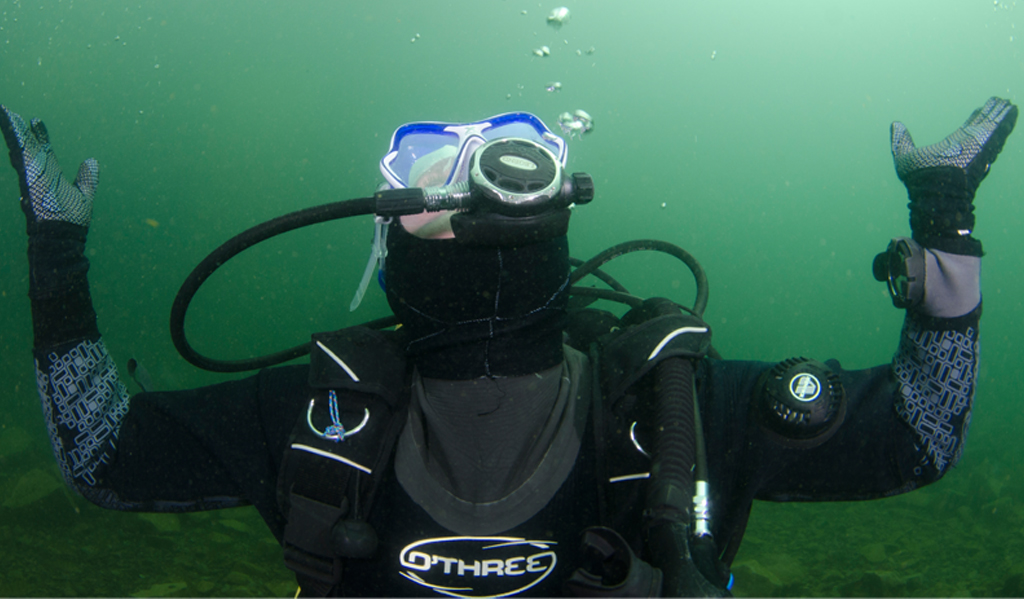
Published by BSAC every year, the 2016 report recorded a total of 228 incidents throughout the UK.
The 2016 report highlights some growing evidence for immersion pulmonary oedema (IPO) being a significant causal factor in diving incidents, particularly fatalities. The 2016 report includes one case of a diver who experienced breathing difficulties during a dive, surfaced and was successfully treated in hospital. This diver was confirmed to have suffered from IPO. The diver was aware of the condition and believes she was able to respond appropriately due to this knowledge.
Immersion pulmonary oedema results from a combination of being in water and the body allowing excess fluid to enter the lungs, consequently interfering with the lungs ability to allow gas exchange.
In light of this increasing body of information, we believe it is possible to identify evidence in some incident reports that IPO could be a significant influencing factor and include examples of:
- Divers with breathing difficulties when not exercising particularly strenuously. Breathing difficulties may be indicated by rapid, uneven or heavy breathing, coughing uncontrollably etc.
- Confusion, swimming in the wrong or random directions.
- Inability to carry out normal functions, whilst appearing to have to concentrate on breathing.
- Belief that a regulator is not working properly.
- Indication of ‘out of gas’ when their regulator(s) are found to be working correctly.
- Divers refusing or rejecting an alternate source when ‘out of gas’.
- Indication of difficulty of breathing when on the surface.
As BSAC Instructors, we would encourage you to take note of the points raised in the report regarding immersion pulmonary oedema (IPO) and look out for developing information on this subject. In the meantime, view the video presentation of the incident report at the recent BSAC Diving Conference.
Some other key features of the 2016 report include:
- The previously recorded unusual pattern of reported incidents in spring and early summer continues
- The eleven fatalities in the UK are lower than the average (15.2) for the previous 10 years
- The number of medical cases in divers aged over 50 is unconfirmed so far but there are strong indications for likely medical causes including immersion pulmonary oedema
- Incidents of DCI have shown a significant increase following a period of steady decline but remain lower than the number of DCI cases in the previous 10 years
You can download the 2016 Incident Report and read previous years’ reports.
Help us to keep diving safe
If you have been involved in or witnessed an incident, please report it – in confidence – and help us to continue to shape a safe future for diving. Whether you are BSAC or another agency, a recreational or technical diver or if the incident happened in the UK or overseas, we want to hear about it. You can report incidents at any time online.



